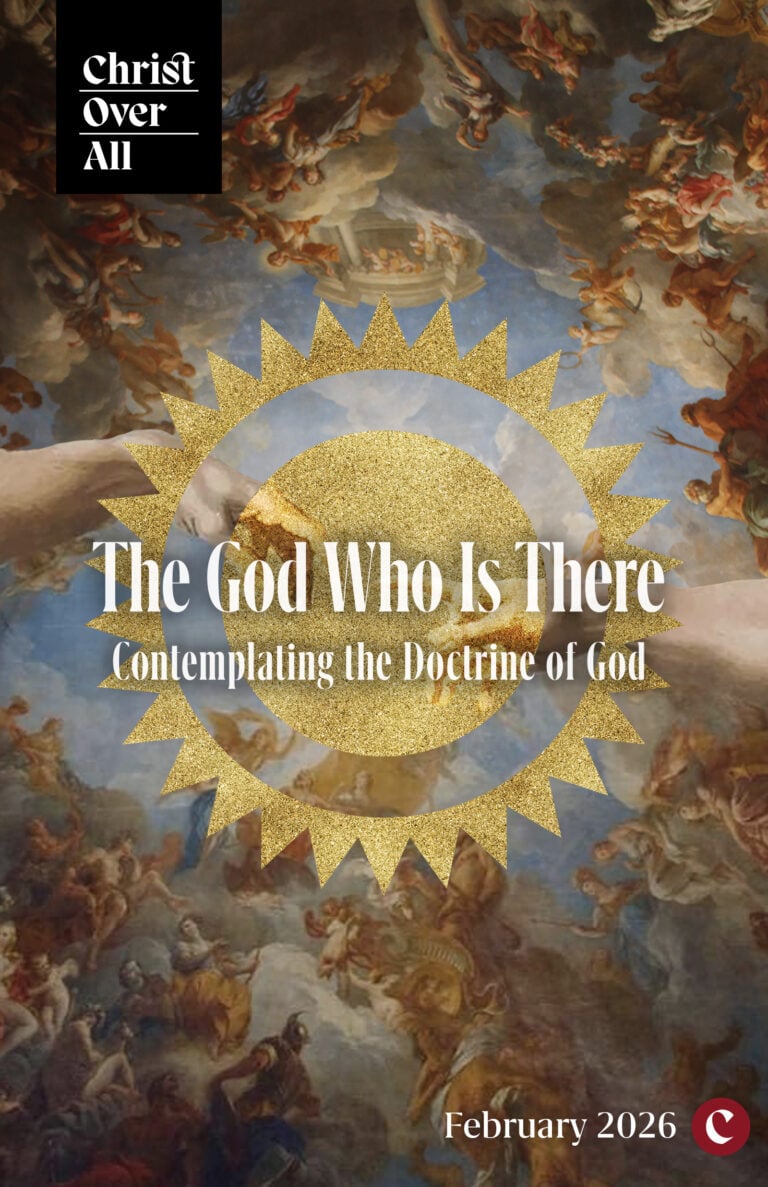Current Theme | July 2025
The Nicene Creed: 1700 Years of Homoousios
Heaven or Hell hangs on a single letter—a cosmic Greek iota painstakingly clarified at the council of Nicaea in 325 AD. For if God the Son is only of a similar essence as the Father—denoted by the middle “i” in the term homoiousios—then he is not fully God and cannot save. But if he is of the same essence as the father—homoousios—then he truly is “God from God, light from light, true God from true God,” and fully able to accomplish salvation. Understanding our past equips us to navigate our future. So, this month, on the 1700th anniversary of the Council of Nicaea, we walk down an old path towards this ancient city in order to re-discover the truths hammered out at the first council of the post-apostolic church.
Table of Contents

Concise
June Intermission: From Fatherhood to the Father and the Son at Nicaea
By David Schrock • Concise Article • July 1
Join us in July as we turn from June's discussion on fatherhood to July's treatment of the Father, Son, and Spirit at the Council of Nicaea and beyond.

Concise
The Trinitarian Framework of the Nicene Creed
By Leonardo de Chirico • Concise Article • July 2
All attempts to point to ‘Nicene Christianity’ and ‘creedal orthodoxy’ as the common ground between Roman Catholicism and evangelicalism are historically simplistic and theologically superficial. How the trinitarian framework is received, believed, and applied indicates a significant distance between the two traditions despite formal points of agreement. The words used are the same, but the theological worlds they open are different.

Podcast
4.30 Kyle Claunch, David Schrock, Stephen Wellum • Interview • “God the Father: Namesake of all Fatherhood”
By Kyle Claunch, David Schrock, Stephen Wellum • Interview • July 2
Listen in as David Schrock and Stephen Wellum interview Kyle Claunch on his Christ Over All essay: "God the Father: Namesake of all Fatherhood"

Concise
On the Trail of Orthodoxy: The Person-Nature Distinction in the Nicene Creed and Beyond
By Michael Wilkinson • Concise Article • July 4
Nothing is as vital for understanding the doctrine of the Trinity as the distinction between 'natures' and 'persons.' The distinction is simple to initially grasp, and yet is one of the deepest mysteries of Christian theology. How and why did the Nicene theologians develop this doctrine? And how can we still use it today?
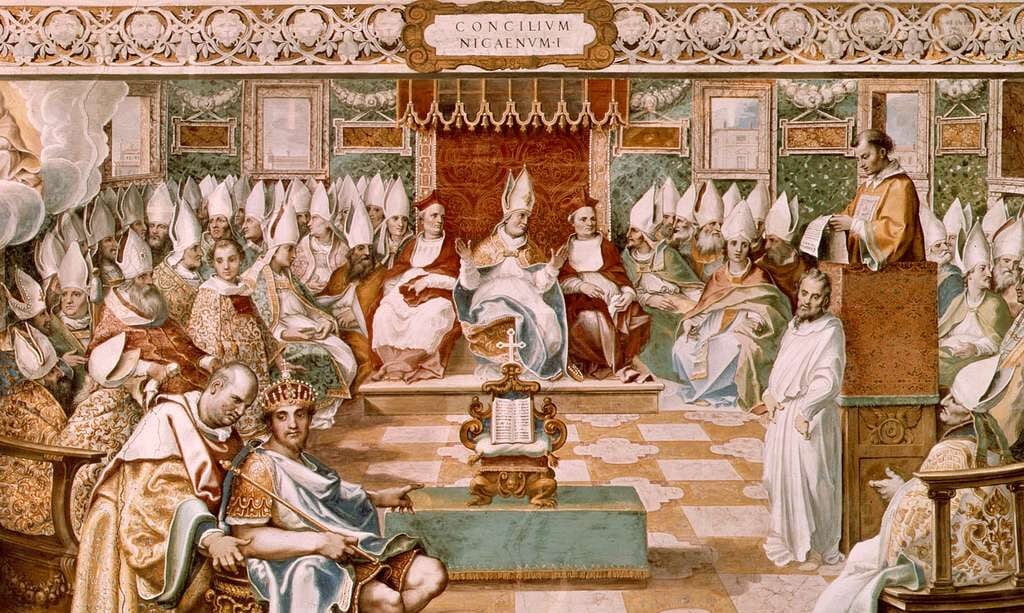
Longform
Creeds and the Gospel: From the Beginnings to the Council of Nicaea (325)
By Donald Fairbarin • Longform Essay • July 7
Should we abandon man-made confessions of faith and instead have "no creed but Christ"? Enter the Council of Nicaea in 325 A.D.

Podcast
4.31 Donald Fairbairn • Reading • “Creeds and the Gospel: From the Beginnings to the Council of Nicaea (325)”
By Donald Fairbairn • Longform Reading • July 7
Should we abandon man-made confessions of faith and instead have "no creed but Christ"? Enter the Council of Nicaea in 325 A.D.

Concise
God the Father Almighty: The Trinitarian Depth of the First Article of the Creed
By Kyle Claunch • Concise Article • July 8
To rightly understand the true Son, one must rightly understand how the Son relates to the Father. This is our God!
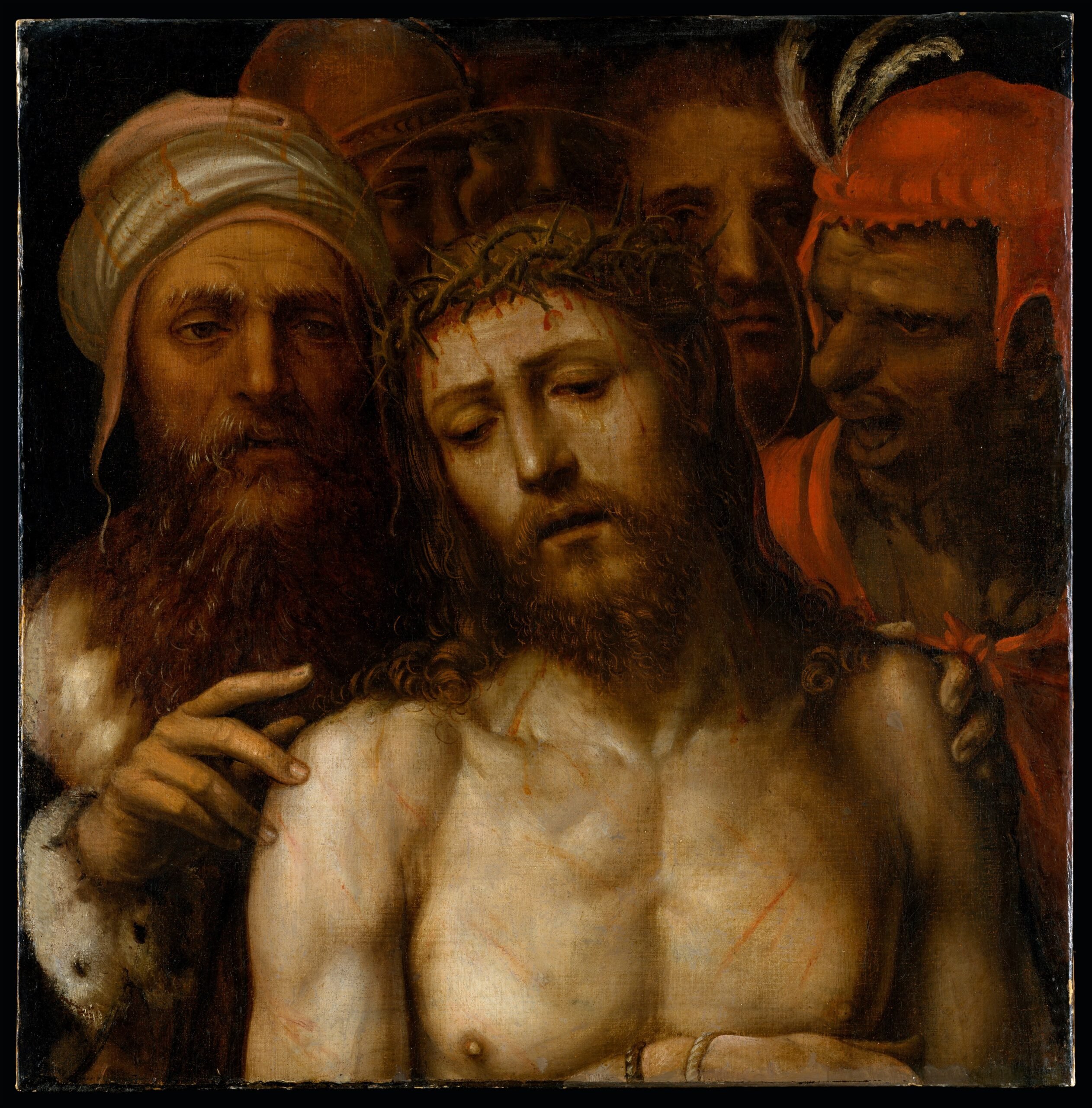
Concise
One Lord Jesus Christ, the Only Begotten Son of God
By Stephen Wellum • Concise Article • July 9
Is the Jesus of the Nicene Creed different than the Jesus of the Scriptures?
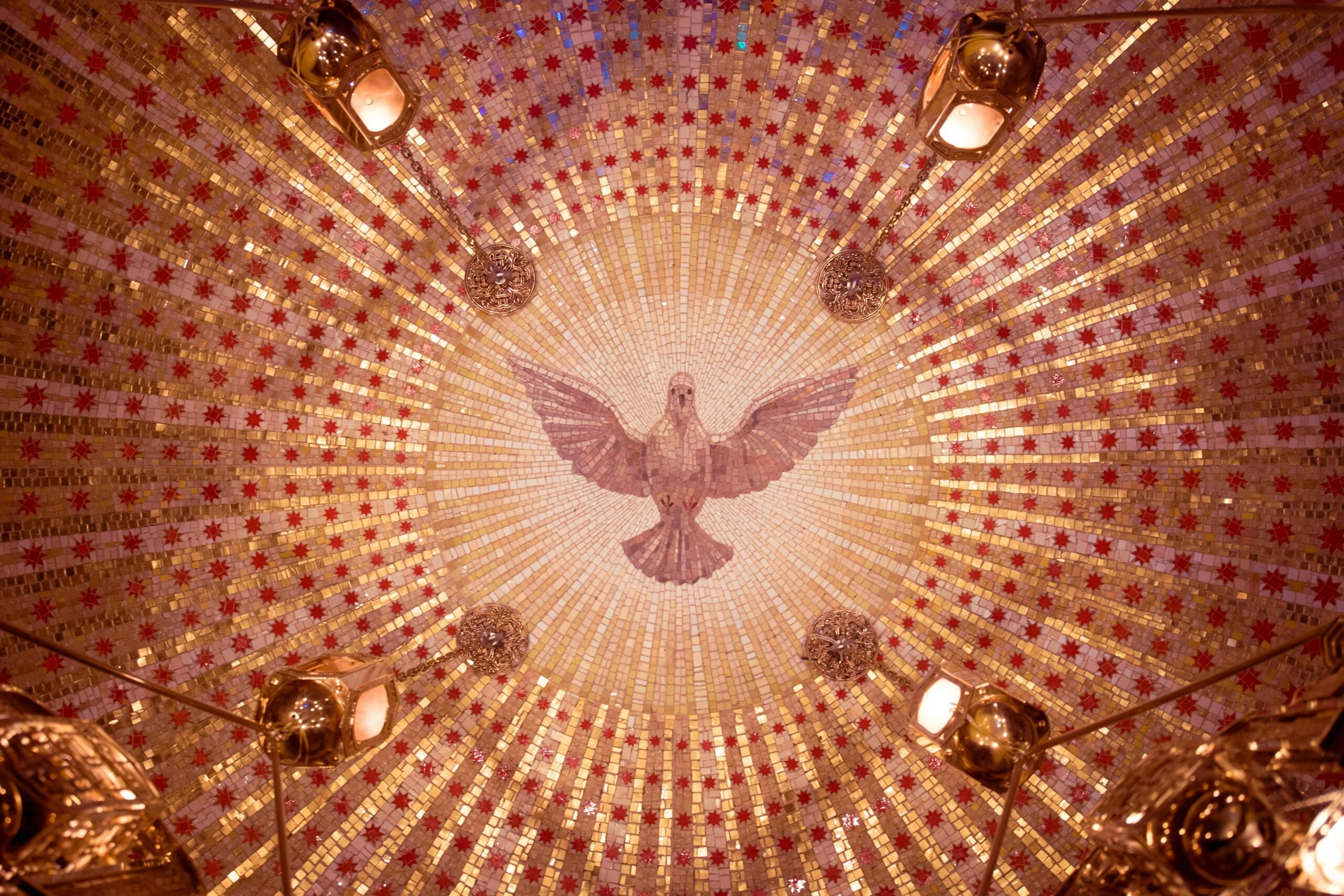
Concise
On The Holy Spirit
By Robert Lyon • Concise Article • July 11
The Holy Spirit seems like an afterthought in the first version of the Nicene Creed. Discover the glories hidden in the creed's short statement, and why they were expanded in the Creed we have today.

Concise
Christ Came for Us Men and for our Salvation
By Harrison Perkins • Concise Article • July 14
Is the gospel a mere historical announcement of what Jesus has done? Or does it include a call to embrace a personal salvation that Jesus was sent down to accomplish?

Podcast
4.32 Donald Fairbairn, David Schrock, Stephen Wellum • Interview • “Creeds and the Gospel: From the Beginnings to the Council of Nicaea (325)”
By Donald Fairbairn, David Schrock, Stephen Wellum • Interview • July 14
Listen in as David Schrock and Stephen Wellum interview Donald Fairbairn on his Christ Over All essay: "Creeds and the Gospel: From the Beginnings to the Council of Nicaea (325)"
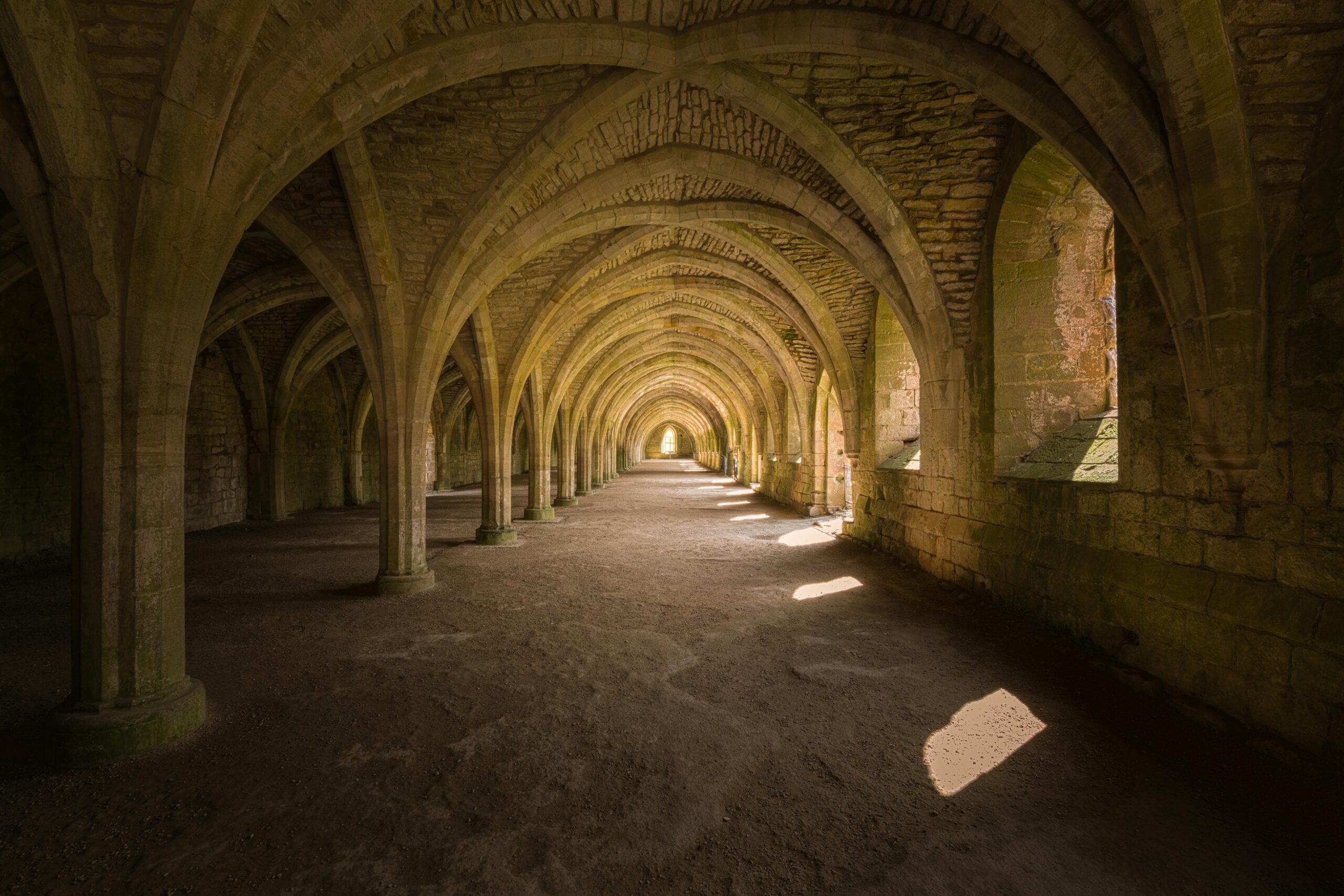
Concise
“What hath Nashville to do with Nicaea?”
By Michael A.G. Haykin • Concise Article • July 14
In rejecting creeds like Nicaea for the sake of 'soul liberty' and biblicism, many Baptists—especially in America—have inadvertently marginalized the central theological claim of Scripture: the revelation of the one true God as Triune.
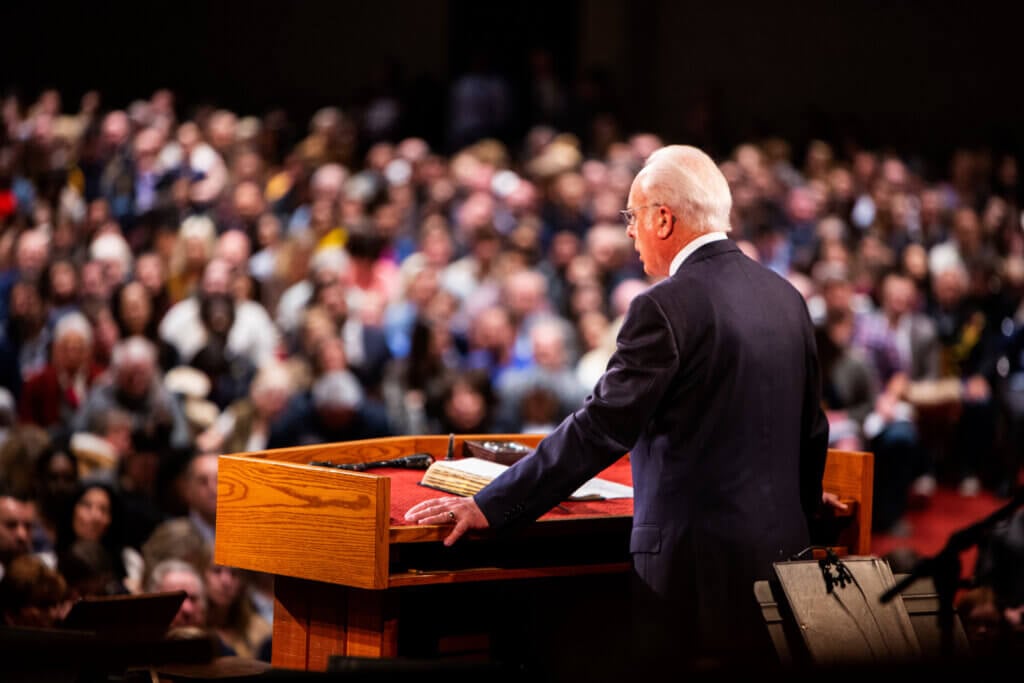
Concise
A Personal Tribute to John MacArthur (1939–2025)
By Ardel Caneday • Concise Article • July 15
We honor the life and legacy of a man who tenaciously preached the scriptures and stood for the truth no matter the cost.
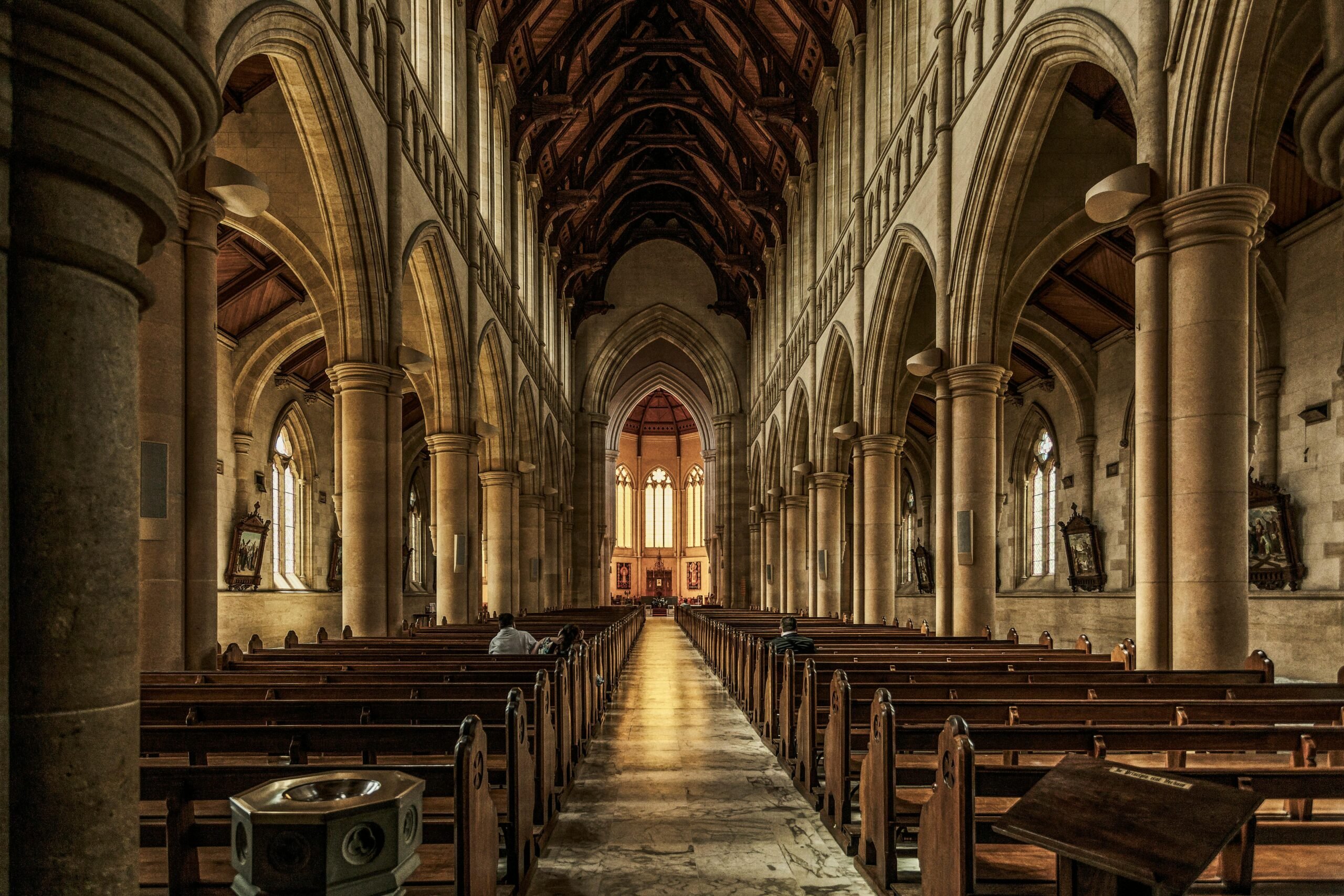
Concise
How Should One Understand One, Holy, Catholic, and Apostolic?
By Jeremy M. Kimble • Concise Article • July 16
When most people think of the Nicene Creed, they think of the Trinity. But the doctrine of God is not all that Nicaea addressed. The Creed called the church "one, holy, catholic, and apostolic." How can we as Protestants affirm this section of the Creed without returning to Rome?

Concise
Creeds and Quiet Time: How the Nicene Creed Helps Us Read the Bible
By Knox Brown • Concise Article • July 17
Should we use the Nicene Creed when we read the Bible? Yes. Rather than distorting Scripture’s sense, the Creed enhances it by aligning our worldview with that of the biblical authors, so that we more readily and deeply comprehend Scripture’s meaning. But there is a danger in turning to the Creeds—if wrongly applied, they can subvert Scripture’s authority and lead us back to Rome. So let’s learn the right and wrong ways to use the Nicene Creed in our quiet time.
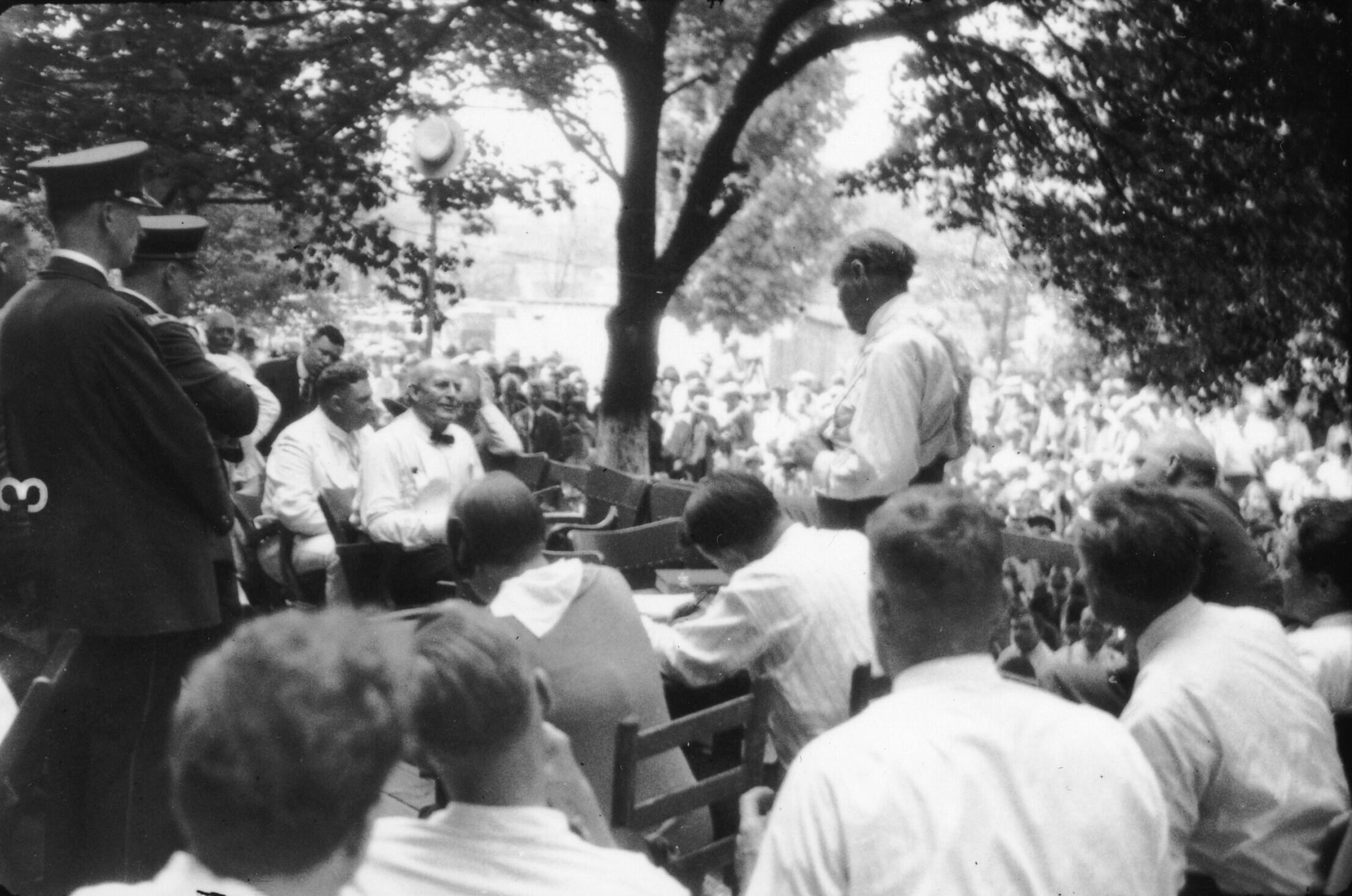
Concise
The 1925 Scopes Evolution Trial: Why It Matters 100 Years Later
By Terry Mortenson • Concise Article • July 18
100 years ago, a bizarre and comical event brought agnostic objections to creationism in full view. Today, the same biblical truths and more are on trial. Our testimony must be faithful to every word of the Word.
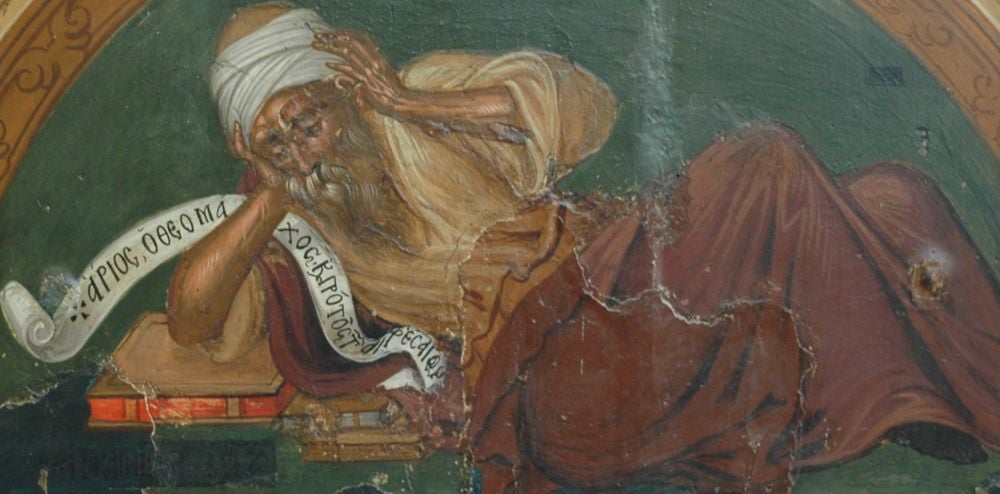
Longform
From Nicaea to the “Nicene Creed”: Sixty Years of Confusion and Controversy
By Bryan Litfin • Longform Essay • July 21
This is the story of how the heresy of Arianism almost become the official doctrine of the early church, and the story of a few brave men who stood in the way.

Podcast
4.33 Bryan Litfin • Reading • “From Nicaea to the “Nicene Creed”: Sixty Years of Confusion and Controversy”
By Bryan Litfin • Longform Reading • July 21
This is the story of how the heresy of Arianism almost become the official doctrine of the early church, and the story of a few brave men who stood in the way.

Concise
Nicaea & Nestorius: Why Old Creeds Are Not Enough to Guard From New Challenges
By Bijan Mahlouji • Concise Article • July 22
Creeds are helpful and necessary, but only insofar as they clarify and define the teaching of the Scriptures. Once creeds and their language start to lose purchase with people in the church, or do not clearly address the issue of the day, it is important to further define or update them.
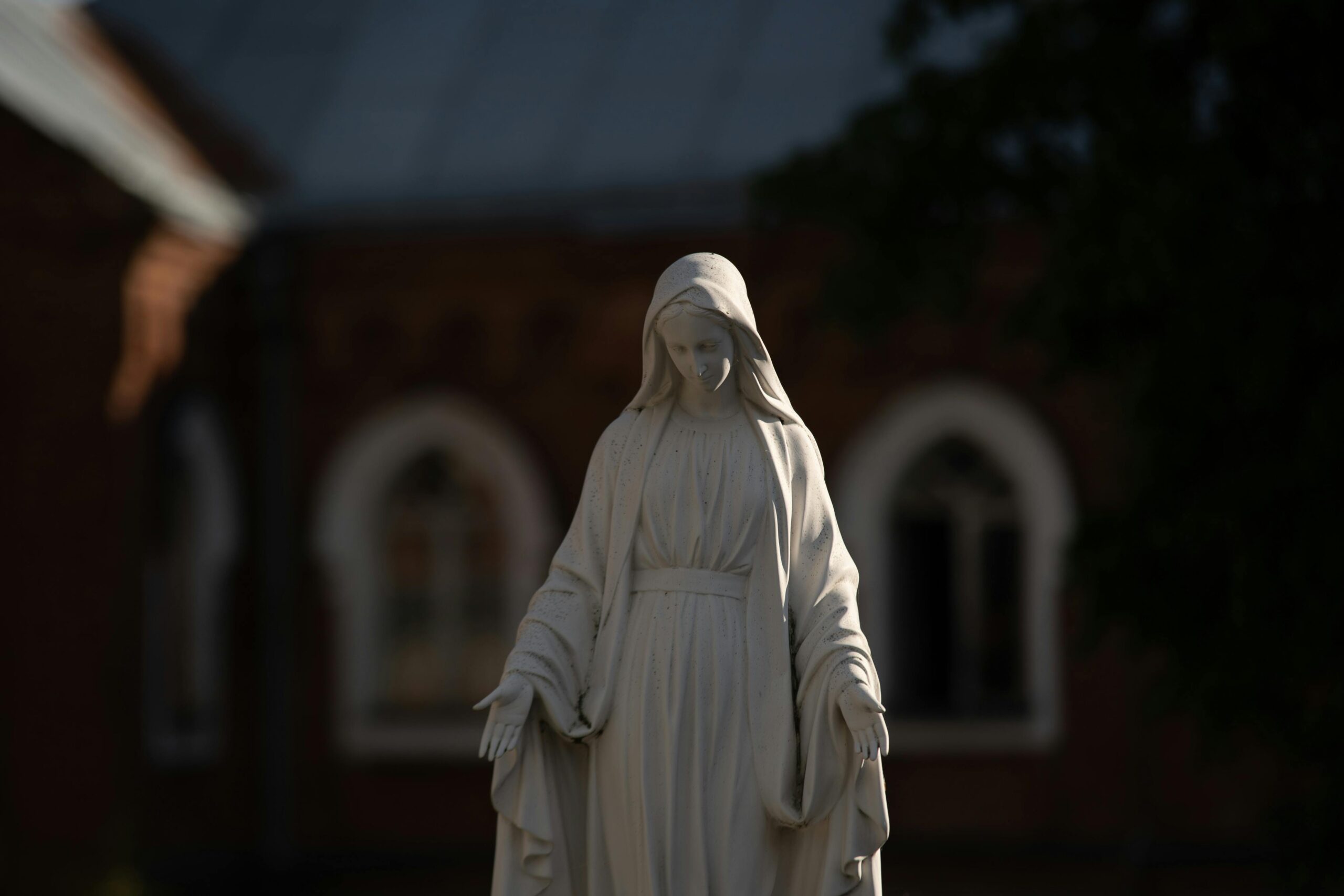
Concise
Debatable, Unnecessary, or Essential? The Virgin Birth and Mary as the Mother of God
By Michael Pereira • Concise Article • July 23
All the creeds agree: the Lord Jesus "became incarnate of the Virgin Mary." But how essential is the affirmation of the virgin conception of Jesus? And is it appropriate to call her "the mother of God"? Michael Pereira weighs in on these two questions.

Concise
Brothers, Preach the Nicene Creed to Magnify Your God
By Yuta Seki • Concise Article • July 25
There are certain Christian truths where eternity hangs in the balance. The Trinity is foremost among them. The Nicene Creed—preached from the pulpit—addresses the Trinitarian deficiency present among evangelicals.

Concise
God from God: Recovering the Nicene Doctrine of Eternal Generation
By Amos Peck • Concise Article • July 25
In an age of Christological confusion, the confession that Jesus is “God from God, Light from Light” remains a vital safeguard of his eternal divinity. The Nicene doctrine of eternal generation, grounded in Scripture, offers clarity, depth, and stability for the church’s worship and witness today.

Podcast
4.34 Bryan Litfin, David Schrock, Stephen Wellum • Interview • “From Nicaea to the “Nicene Creed”: Sixty Years of Confusion and Controversy”
By Bryan Litfin, David Schrock, Stephen Wellum • Interview • July 30
Listen in as David Schrock and Stephen Wellum interview Bryan Litfin on his Christ Over All essay: "From Nicaea to the “Nicene Creed”: Sixty Years of Confusion and Controversy"
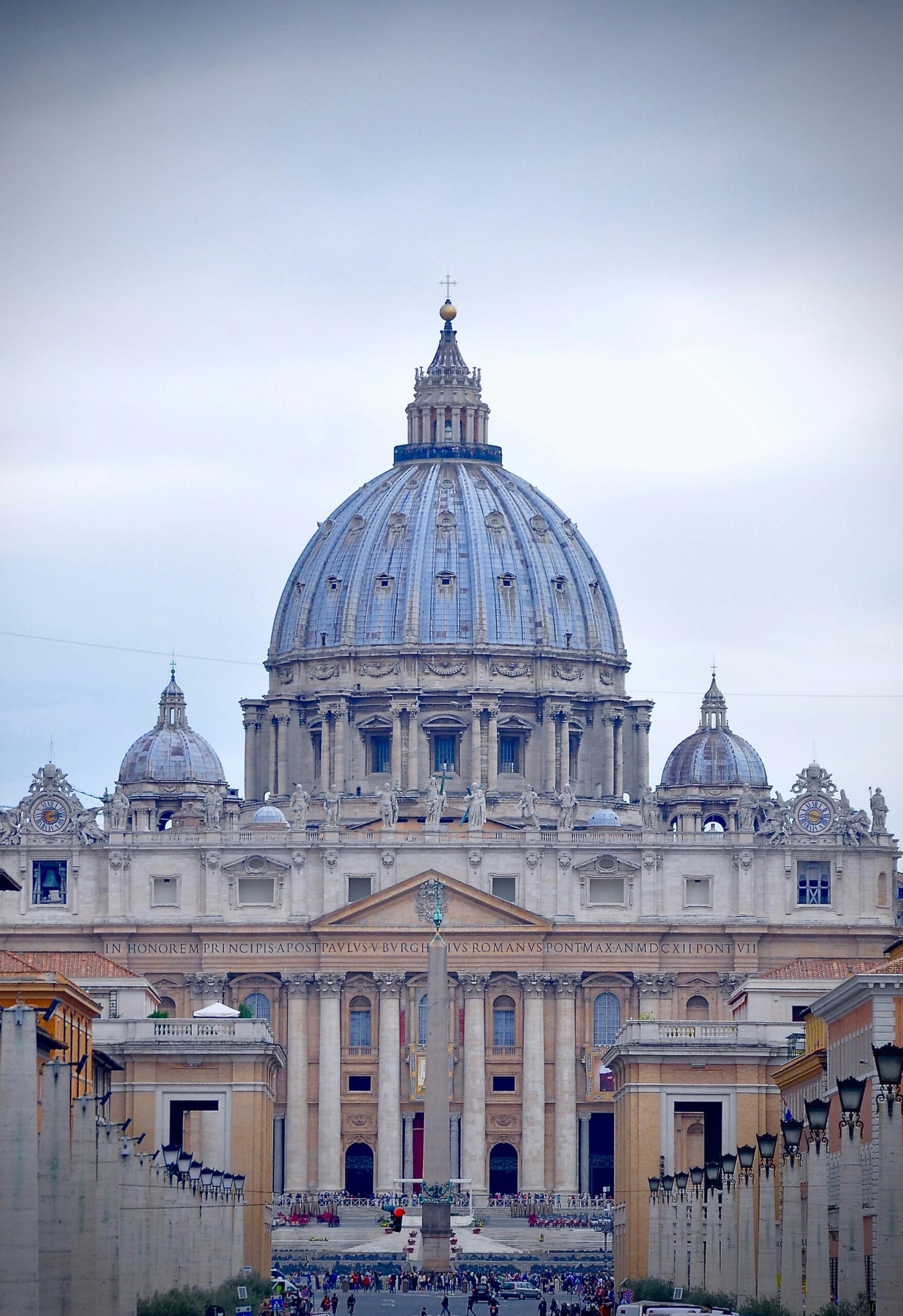
Concise
Aren’t Catholics and Evangelicals United by the Nicene Creed? A Review of a Book That Answers This Question
By Mlungisi Ncube • Concise Article • July 31
“Surely we believe in one and the same Lord Jesus Christ” is often claimed to be the foundation of agreement between Roman Catholic doctrine and evangelical theology. But is this affirmation enough to be the grounds of ecumenical unity between Rome and Protestants?
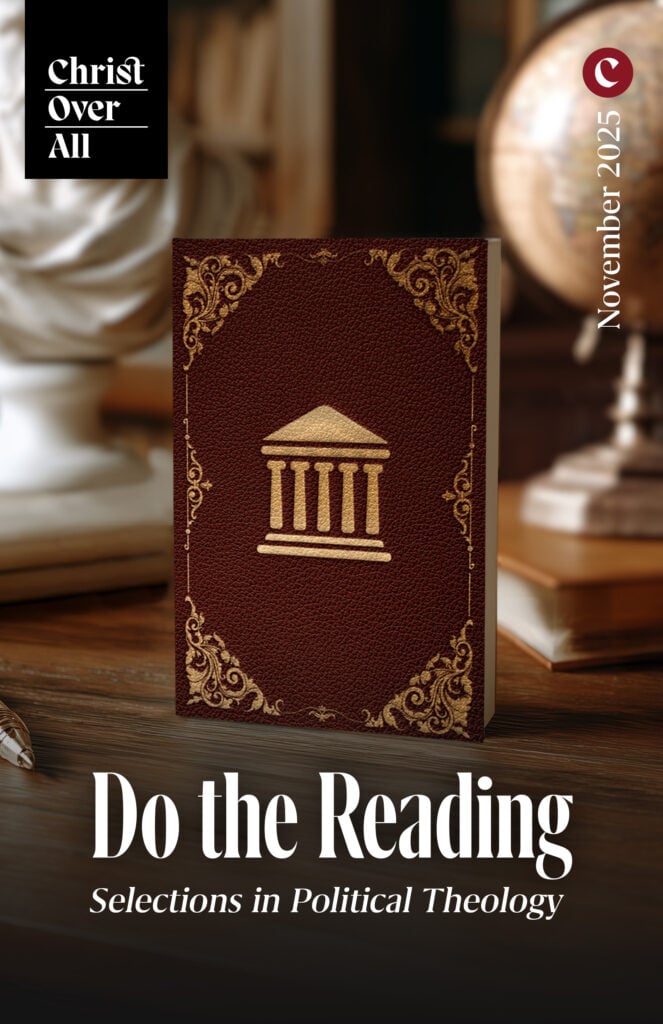
Upcoming
God’s Righteousness is More than Faithfulness
By Ardel Caneday • Concise Article
His Righteousness Endures Forever: Why Hell is Eternal
By Chris Bolt • Concise Article
God is Glorious
By Steve Wellum • Concise Article
Recommended
The Best Resources from Around the Web
Book
by T.D. Alexander
Book
by Andreas Köstenberger
Book
by Peter J. Williams
Podcast
by David Schrock
Book
by Mark L. Strauss
Book
by T.D. Alexander
Article
by Ardel Caneday
Book
